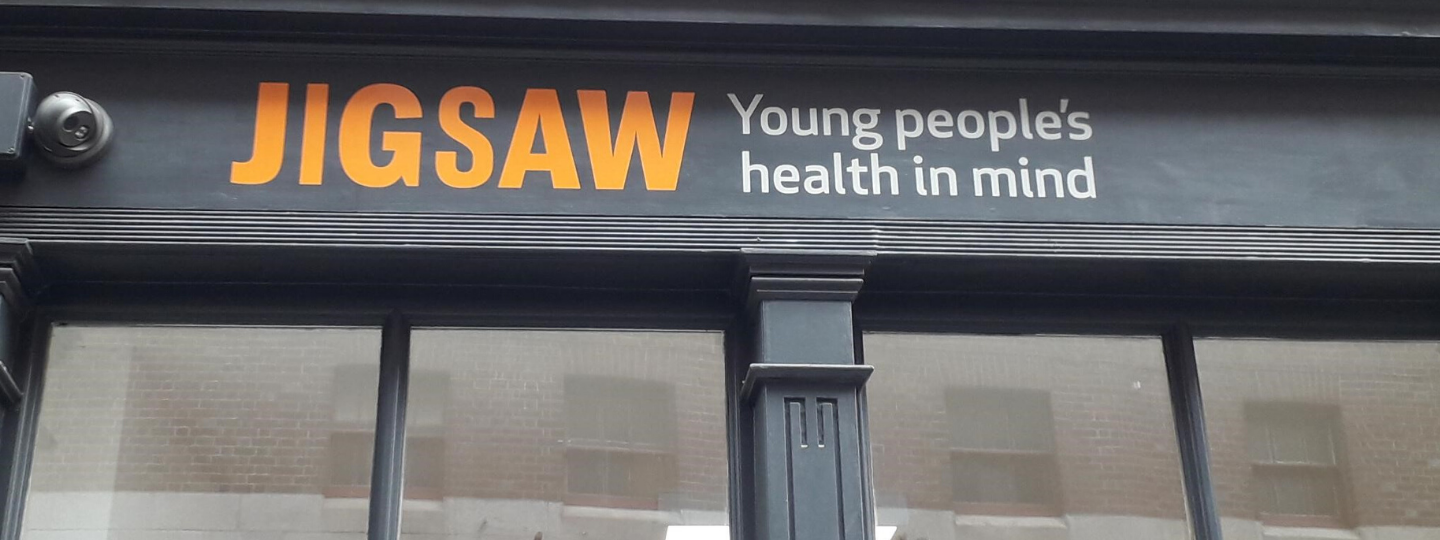Ask Jigsaw: What is counselling?
Ask Jigsaw: What is counselling?
Wednesday, 22 July 2020
What is counselling?
– Jojo
Hi Jojo,
We hear the term ‘counselling’ used a lot, and in reality it can mean different things to different people. The Cambridge Dictionary defines counselling as ‘the job or process of listening to someone and giving them advice about their problems’. Probably most of us do this with our friends, although we would not necessarily say we are counsellors.
Interchangeable term
Often the term counselling is used interchangeably with terms like ‘therapy’ or ‘psychotherapy’. It can be confusing to know what is the difference or whether there is any difference at all. Broadly speaking, counselling comes under the umbrella term of ‘talking therapy’. When someone is struggling with an aspect of their mental health, for example feeling down or anxious, talking to someone can help with understanding what is going on and finding ways to cope better.
For many people, talking to family, friends or ‘One Good Adult’ will be enough to help them through a tough time. You may decide that you need more professional support, and this is where talking therapies such as counselling come in.
Counselling support
A counsellor is a person who is trained in listening and supporting others. They may ask questions, make suggestions and help you come to a better understanding about yourself and your mental health. There are many different styles of therapy and counselling. Some are short term, just a few sessions, and some may go on for much longer. Some types of therapy can be directive, with the counsellor or therapist making suggestions or giving advice. Other types are non-directive, offering a space and opportunity for you to come to your own conclusions about what to do next. Counselling can also be done in couples, groups or online.
Choosing a counsellor
If you decide to talk to a counsellor or a therapist, try to find out a little bit about them first. Ask about their background and credentials. Decide whether they are someone you feel comfortable with and whether their style of counselling or therapy would suit you. You can find out here about some of the services available for under 18’s and over 18’s.
I hope this answers your question Jojo, but if you would like more information about anything discussed here, then please do submit another question.
Best wishes,
Emma, Jigsaw Clinician






